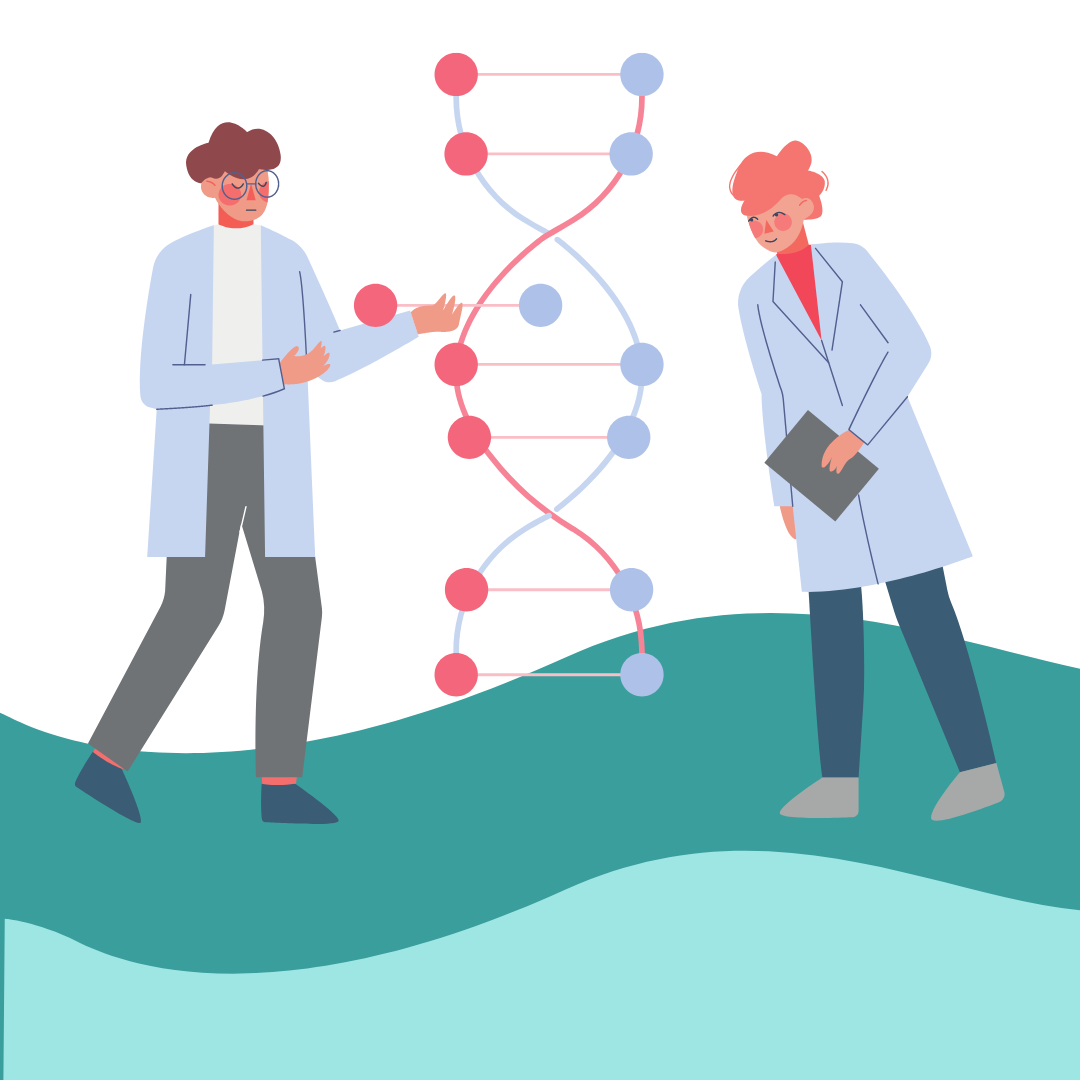Aggregated News

It’s ironic that news of a breakthrough in human gene editing was released on July 26. That was the 27th anniversary of the Americans with Disabilities Act, the landmark civil rights legislation intended to remedy centuries of discrimination against 57 million disabled Americans. And yet the announcement served as another reminder that there is still much desire to put those rendered undesirable in our place.
Nearly 1 out of every 5 people in this country has a disability. What would it mean for society to render such a large group of people “unfit” for the human germline? Stories about genetic editing typically focus on “progress” and “remediation,” but they often ignore the voice of one key group: the people whose genes would be edited.
That’s my voice. I have achondroplasia, the most common form of dwarfism, which has affected my family for three generations. I’m also a woman and a mother — the people most likely to be affected by human genetic editing.
I remember clearly when John Wasmuth discovered fibroblast growth factor receptor 3 in 1994. He...



